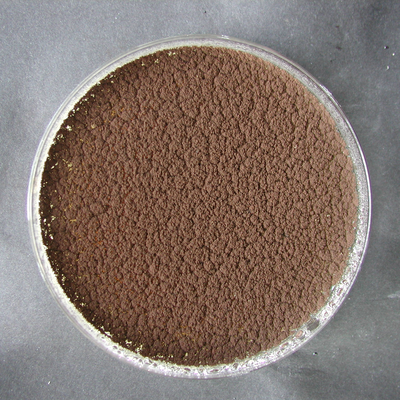Aspergillus niger CBS 147352
Organism description
The filamentous fungus Aspergillus niger is a well-known producer of enzymes and organic acids, and has been industrially and biotechnologically relevant for over 100 years (Pel et al. 2007; Andersen et al. 2011; Cairns et al. 2018). A. niger was first studied for its use in large-scale citric acid production (Currie, J.N. 1917). Because of its industrial importance, the strains N400 (synonym NRRL3) and N402 were used by Bos and colleagues in 1988 to perform genetic studies on this organism (Bos et al., 1988). Since then, many research groups have started investigating Aspergillus niger genetics.

Figure. A sporulating culture of Aspergillus niger, showing the characteristic black conidia
Reference
Please cite this paper when using data from this genome:Genome sequences of 24 Aspergillus niger sensu stricto strains to study strain diversity, heterokaryon compatibility, and sexual reproduction.Seekles SJ, Punt M, Savelkoel N, Houbraken J, Wosten HAB, Ohm RA, Ram AFJG3 (Bethesda). 2022 Jul; 12(7). doi: 10.1093/g3journal/jkac124
